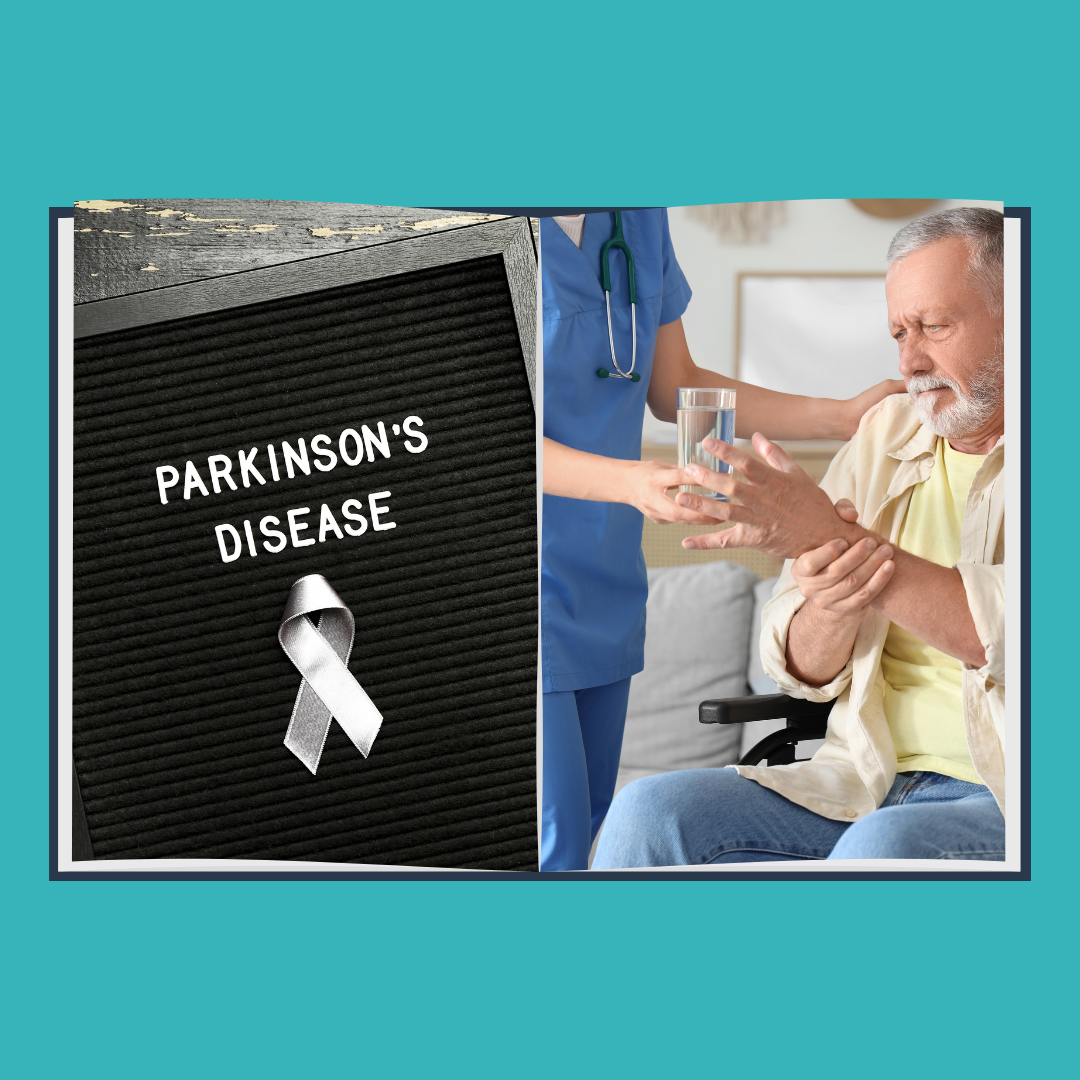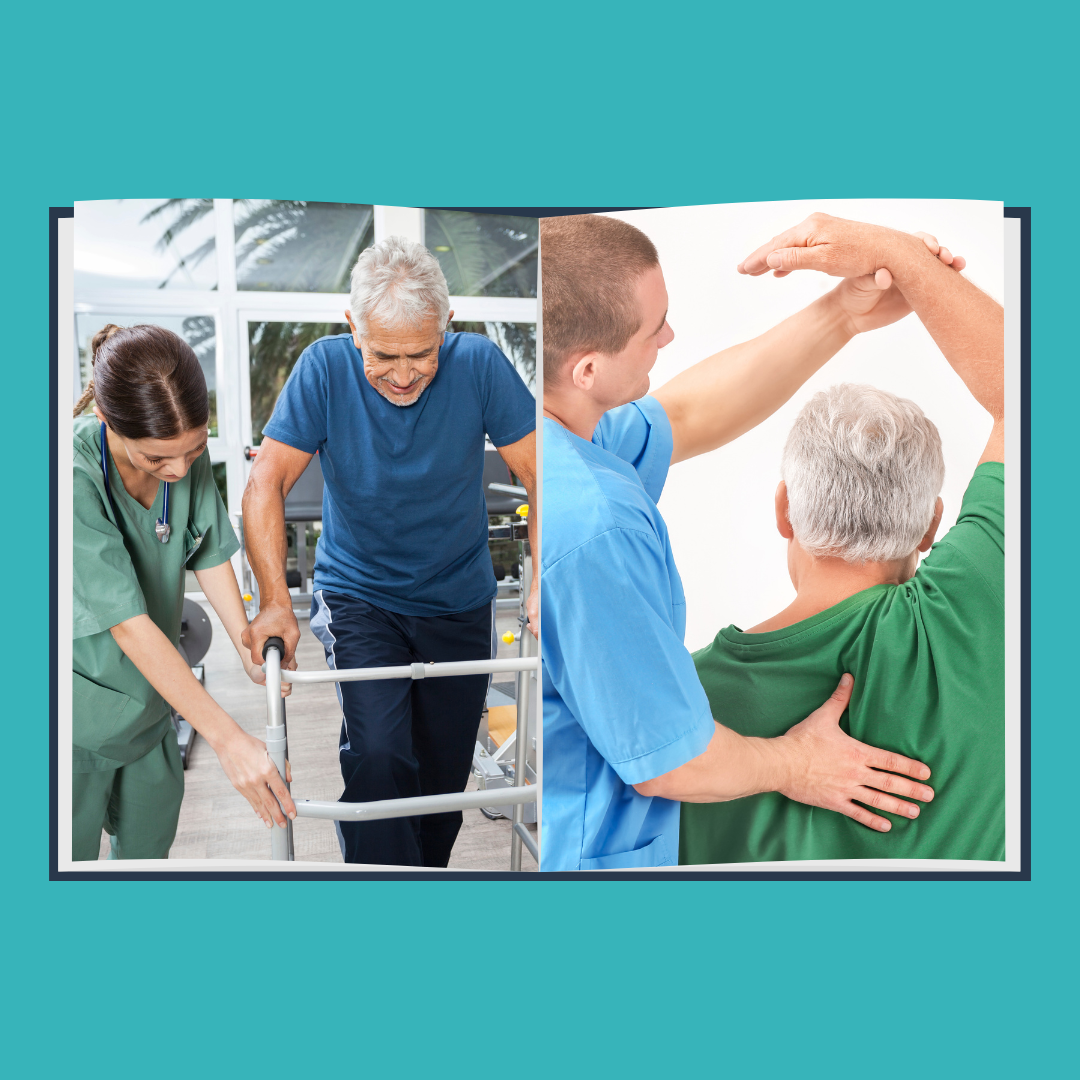New Paragraph
Understanding Stress Incontinence in Seniors: Causes, Management, and Support
Stress incontinence, a common form of urinary incontinence, significantly impacts many seniors' quality of life. It involves the unintentional loss of urine during physical activities that put pressure on the bladder, such as coughing, sneezing, laughing, or exercising. Understanding the causes management strategies, and available support is crucial for seniors and their caregivers.
Cause of Stress Incontinence in Seniors
Stress incontinence occurs when the muscles and tissues supporting the bladder and urethra weaken. Several factors contribute to this condition among seniors:
- Aging: The natural aging process leads to the weakening of the pelvic floor muscles and the urethral sphincter, reducing their ability to control urine flow.
- Chronic Illnesses: Conditions such as diabetes, respiratory disorders, and obesity can increase the risk of stress incontinence by putting additional pressure on the bladder.
- Surgery: Surgeries involving the pelvic area, such as prostate surgery in men or hysterectomy in women, can damage the muscles and nerves that control the bladder.
- Menopause: In women, the decline in estrogen levels during menopause can weaken the pelvic muscles, making them more susceptible to stress incontinence.
- Physical Strain: Activities that involve heavy lifting or high-impact exercises can strain pelvic muscles, leading to stress incontinence over time.
Management and Treatment Options
Managing stress incontinence involves a combination of lifestyle changes, exercises, medical treatments, and support. Here are some effective strategies:
- Pelvic Floor Exercises: Also known as Kegel exercises, these help strengthen the pelvic floor muscles, providing better support to the bladder and urethra. Regular practice can significantly reduce symptoms of stress incontinence.
- Bladder Training: Scheduling regular bathroom visits and gradually increasing the time between them can help train the bladder to hold urine for longer periods, reducing the frequency of incontinence episodes.
- Lifestyle Changes: Maintaining a healthy weight, avoiding bladder irritants (such as caffeine and alcohol), and quitting smoking can alleviate stress incontinence symptoms.
- Medications: Certain medications can help strengthen the urethral sphincter or reduce bladder contractions, providing relief from stress incontinence. Consult a healthcare provider for appropriate prescriptions.
- Surgery: In severe cases, surgical options such as sling procedures or bladder neck suspension may be recommended to provide additional support to the bladder and urethra.
The Role of In-Home Care in Managing Stress Incontinence
In-home care can play a vital role in managing stress incontinence among seniors. Here's how:
- Personalized Care Plans: In-home caregivers can create tailored care plans that include pelvic floor exercises, bladder training schedules, and dietary recommendations to manage stress incontinence effectively.
- Medication Management: Caregivers can ensure that seniors take prescribed medications on time, track their progress, and report any side effects to healthcare providers.
- Emotional Support: Dealing with incontinence can be emotionally challenging. In-home caregivers provide compassionate support, helping seniors maintain their dignity and confidence.
- Assistance with Daily Activities: Caregivers can assist with daily activities such as bathing, dressing, and toileting, ensuring that seniors feel comfortable and supported in managing their condition.
- Education and Training: Caregivers can educate seniors and their families about stress incontinence, offering practical tips and guidance to manage the condition effectively at home.
Stress incontinence is a common but manageable condition among seniors. With the right combination of lifestyle changes, medical treatments, and support, seniors can lead a comfortable and active life. In-home care services provide valuable assistance in managing stress incontinence, ensuring that seniors receive personalized and compassionate care tailored to their unique needs. If you or a loved one is dealing with stress incontinence, consider exploring in-home care options to enhance your quality of life and overall well-being.









